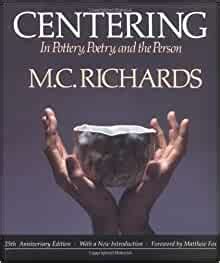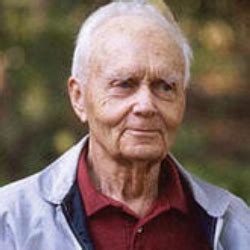A Quote by Rudolf Steiner
If a child has been able in his play to give up his whole loving being to the world around him, he will be able, in the serious tasks of later life, to devote himself with confidence and power to the service of the world.
Related Quotes
The goal in raising one's child is to enable him, first, to discover who he wants to be, and then to become a person who can be satisfied with himself and his way of life. Eventually he ought to be able to do in his life whatever seems important, desirable, and worthwhile to him to do; to develop relations with other people that are constructive, satisfying, mutually enriching; and to bear up well under the stresses and hardships he will unavoidably encounter during his life.
The world is full of men who want to be right, when actually the secret of a man's strength and his pathway to true honor is his ability to admit fault when he has failed. God wants to fill the church with men who can say they are wrong when THEY ARE WRONG. A man who is willing to humble himself before God and his family and say: "I was wrong." will find that his family has all the confidence in the world in him and will much more readily follow him. If he stubbornly refuses to repent or admit he was wrong, their confidence in him and in his leadership erodes.
The child takes in his world as if it were food. And his world nourishes or starves him. Nothing escapes his thirst. Secrets are impossible. He identifies with his surroundings and they live within him unconsciously; it is perhaps for this reason that the small child has been characterized as naturally religious.
The [Great] Actor is able to approach in himself a cosmic dread as large as life. He is able to go from his dread to a joy so sweet that it is without limit. Only then will the actor have direct access to the life that moves in him, which is as free as his breathing. And like his breathing, he doesn't cause it to happen. He doesn't contain it, and it doesn't contain him.
Do what he will, he [the profane man] is an inheritor. He cannot utterly abolish his past, since he himself is a product of his past. He forms himself by a series of denials and refusals, but he continues to be haunted by the realities that he has refused and denied. To acquire a world of his own, he has desacralized the world in which his ancestors lived; but to do so he has been obliged to adopt an earlier type of behavior, and that behavior is still emotionally present in him, in one form or another, ready to be reactualized in his deepest being.
So long as the man with ambition is a failure, the world will tell him to let go of his ideal; but when his ambition is realized, the world will praise him for the persistence and the determination that he manifested during his dark hours, and everybody will point to his life as an example for coming generations. This is invariably the rule. Therefore pay no attention to what the world says when you are down. Be determined to get up, to reach the highest goal you have in view, and you will.
There are three levels of service. The highest level is that of one who performs good deeds the whole day and yet feels that he has not acheived anything. The second level is someone who, though he has not done anything, knows that he has not corrected anything in this world. This is good, and there is hope for him that he might correct his ways. However, someone who is righteous in his own eyes deceived himself all his life; his good deeds will be lost.
There are few places outside his own play where a child can contribute to the world in which he finds himself. His world: dominated by adults who tell him what to do and when to do it -benevolent tyrants who dispense gifts to their good subjects and punishment to their bad ones, who are amused at the cleverness of children and annoyed by their stupidities.







































